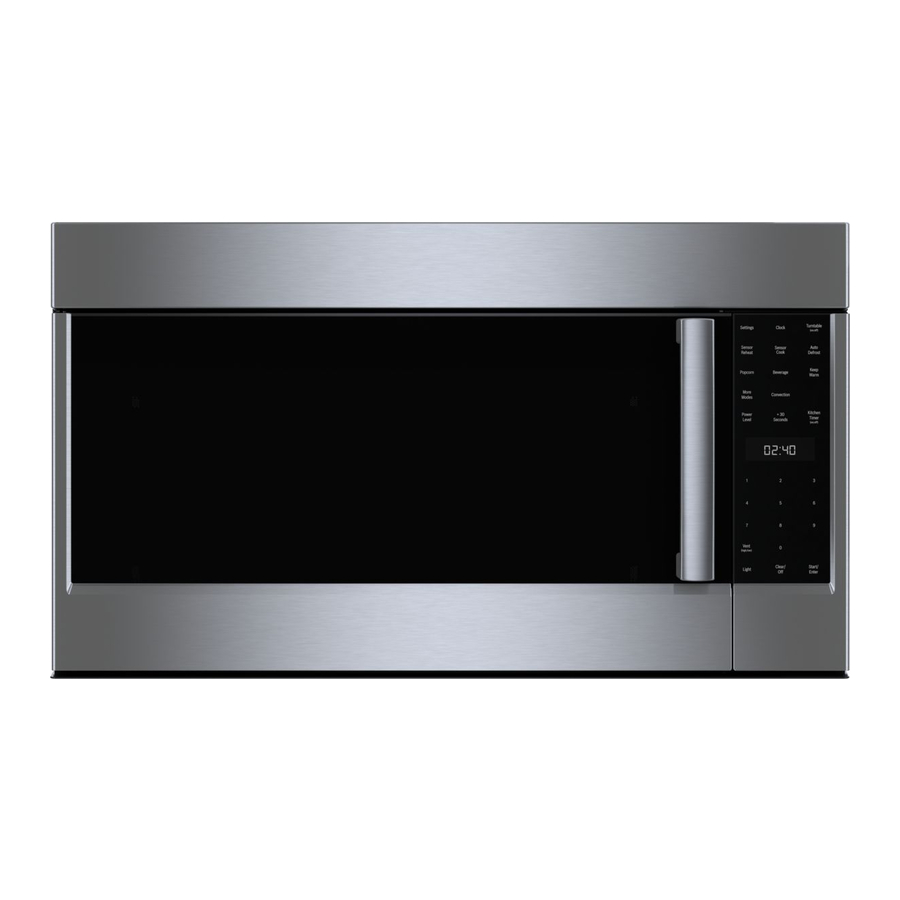Bosch 800 Series Panduan Penggunaan dan Perawatan - Halaman 14
Jelajahi secara online atau unduh pdf Panduan Penggunaan dan Perawatan untuk Oven Bosch 800 Series. Bosch 800 Series 33 halaman. Built-in wall ovens
Juga untuk Bosch 800 Series: Panduan Petunjuk Instalasi (24 halaman), Panduan Instalasi (40 halaman), Panduan Penggunaan dan Perawatan (12 halaman), Panduan Instalasi (23 halaman), Panduan Instalasi (28 halaman), Panduan Instalasi (32 halaman), Buku Petunjuk (32 halaman), Panduan Instalasi (32 halaman), Panduan Memulai Cepat dan Keselamatan (7 halaman), Panduan Penggunaan dan Perawatan (40 halaman), Panduan Instalasi (40 halaman), Panduan Instalasi (32 halaman), Panduan Petunjuk Instalasi (40 halaman), Panduan Instalasi (48 halaman), Panduan Penggunaan dan Perawatan (49 halaman), Panduan Memulai Cepat (7 halaman), Panduan Memulai Cepat dan Keselamatan (13 halaman), Panduan Instalasi (32 halaman), Panduan Servis (36 halaman), Panduan Petunjuk Instalasi (29 halaman), Panduan Penggunaan dan Perawatan (24 halaman), Panduan Penggunaan dan Perawatan (40 halaman), Panduan Petunjuk Instalasi (28 halaman)

